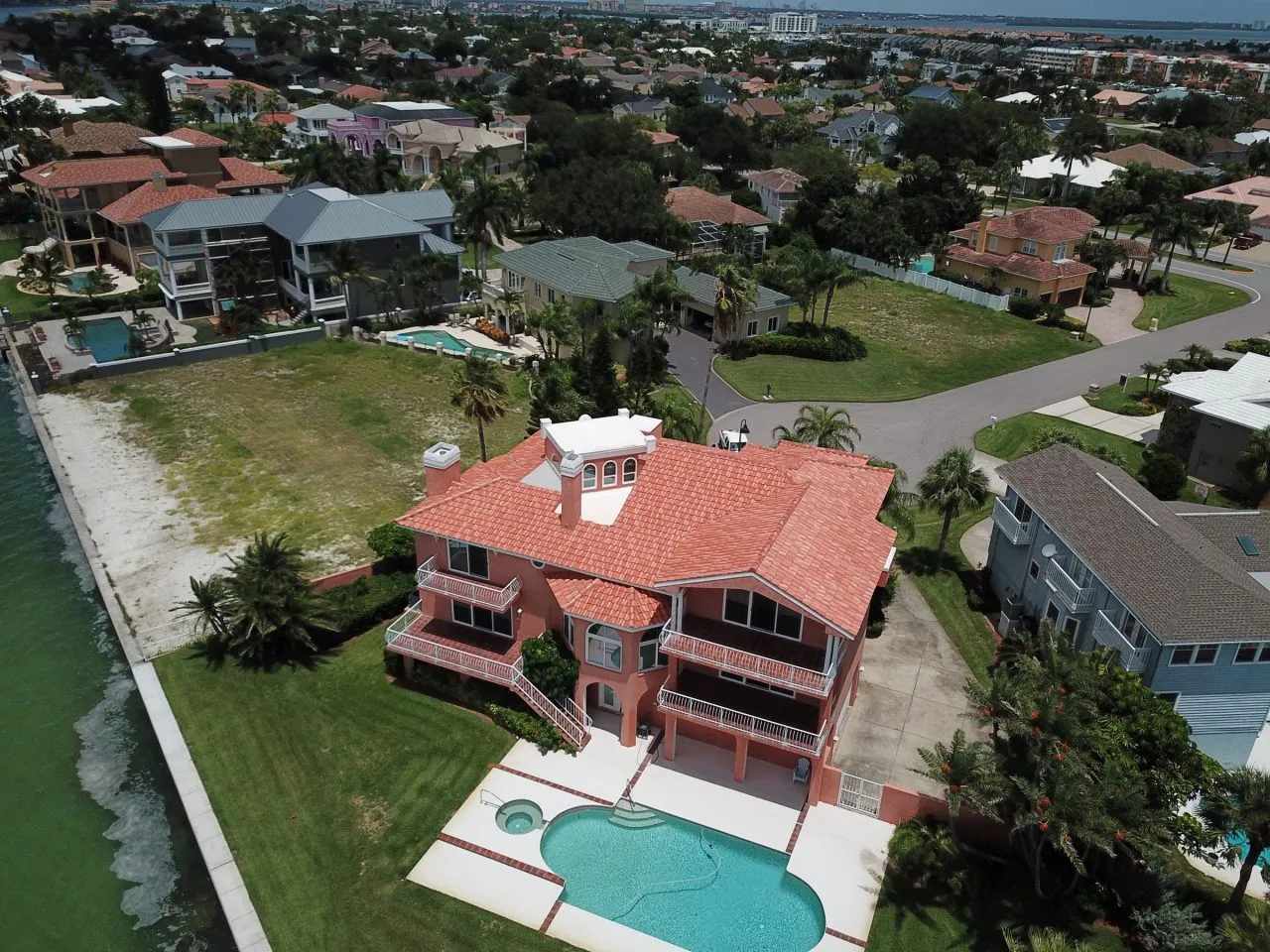

Articles
How Much Does A New Roof Cost In Florida
Modified: October 20, 2024
Discover the average cost of a new roof in Florida. Read our informative articles to find out more about roofing prices and get expert tips on saving money.
(Many of the links in this article redirect to a specific reviewed product. Your purchase of these products through affiliate links helps to generate commission for Storables.com, at no extra cost. Learn more)
Introduction
When it comes to home maintenance, one of the most significant investments you’ll make is in your roof. The roof not only protects you and your belongings from the elements but also adds aesthetic value to your home. In Florida, a state known for its hot and humid climate, it’s crucial to have a well-maintained roof that can withstand the harsh conditions.
However, if you’re considering getting a new roof in Florida, you might be wondering about the cost. Well, the price of a new roof can vary depending on several factors, including the type of roofing material, the size and complexity of your roof, and the labor costs in your area.
In this article, we’ll provide you with a comprehensive guide on how much a new roof can cost in Florida. We’ll explore different roofing materials commonly used in the state, along with their associated costs. Additionally, we’ll discuss other factors that can influence the overall cost of your roofing project. So, let’s dive in and discover what you need to know about roofing costs in Florida!
Key Takeaways:
- The cost of a new roof in Florida varies based on factors like roof size, material choice, and labor costs. Understanding these factors and choosing the right roofing contractor are crucial for a successful and cost-effective roofing project.
- Investing in a new roof is not just about upfront costs, but also long-term benefits. Properly maintaining and choosing the right roofing material can enhance home aesthetics, improve energy efficiency, and increase property value in Florida.
Factors Affecting Roofing Cost in Florida
Before we jump into the specific costs associated with different types of roofing materials, it’s essential to understand the factors that can affect the overall cost of your roofing project in Florida. By considering these factors, you can get a more accurate estimate and make informed decisions about your new roof.
1. Roof Size and Complexity: The size and complexity of your roof play a significant role in determining the cost. A larger roof will require more materials and labor, resulting in a higher price. Additionally, if your roof has multiple angles, slopes, or architectural features, it may require additional time and expertise, adding to the overall cost.
2. Roofing Material: The type of roofing material you choose will directly impact the cost. Each material has its own price range, durability, and aesthetic appeal. The most common roofing materials in Florida include asphalt shingles, metal, tile, and flat roofing.
3. Roof Pitch: The pitch or slope of your roof can affect the cost due to the increased complexity and safety precautions required during installation. A steeper roof may require additional safety equipment and expertise, which can add to the overall cost.
4. Removal of Existing Roof: If you’re replacing an existing roof, the cost may increase if the old roof needs to be removed. Removing the old roof involves additional labor and disposal fees.
5. Permitting and Local Codes: Obtaining permits and complying with local building codes is crucial for any roofing project. Depending on your location, there might be fees associated with permits, inspections, and adherence to specific building regulations. These costs should be factored into your overall budget.
6. Accessibility: The accessibility of your home and roof can affect the cost. If your roof is difficult to access, such as a multi-story building or limited entry points, it may require specialized equipment or additional labor, which can increase the overall cost.
7. Labor Costs: Labor costs can vary depending on the roofing company you choose and their level of expertise. It’s essential to get multiple quotes and consider the reputation and experience of the roofing contractors to ensure quality workmanship.
By taking these factors into account, you can have a better understanding of the potential costs associated with your new roof. In the next sections, we’ll explore the estimated costs for different types of roofing materials commonly used in Florida.
Asphalt Shingle Roofing Costs
Asphalt shingles are one of the most popular and cost-effective roofing materials in Florida. They are known for their durability, versatility, and wide range of styles and colors. The cost of asphalt shingle roofing can vary depending on several factors.
For an average-sized home (around 2,000 square feet) in Florida, the cost of installing a new asphalt shingle roof can range from $5,000 to $10,000 or more. This estimate includes the cost of materials, labor, and removal of the old roof.
The price of asphalt shingles can vary based on their quality and warranty. There are three primary types of asphalt shingles:
- 3-Tab Shingles: These are the most economical option and typically cost between $50 to $100 per square (100 square feet). However, they have a shorter lifespan compared to other types of asphalt shingles.
- Architectural Shingles: These shingles are thicker and more durable than 3-tab shingles. They offer a more aesthetic appeal and come in a variety of styles. Architectural shingles can range in price from $100 to $200 per square.
- Luxury Shingles: Luxury shingles are the premium option, offering enhanced durability, aesthetics, and warranties. They can cost $200 or more per square, depending on the brand and style.
Keep in mind that the total cost will also depend on the complexity of your roof and any additional features, such as skylights or chimneys, which may require additional materials and labor.
It is essential to hire a professional roofing contractor to ensure the asphalt shingles are installed correctly. Improper installation can lead to leaks and damage, compromising the effectiveness of the roof and requiring costly repairs in the future.
It’s worth noting that while asphalt shingle roofs are affordable and widely used, they may have a shorter lifespan compared to other roofing materials. However, with proper maintenance and regular inspections, an asphalt shingle roof can last 20 to 30 years or more in Florida’s climate.
Next, let’s explore the costs associated with another popular roofing material in Florida: metal roofing.
Metal Roofing Costs
Metal roofing has gained popularity in recent years due to its durability, energy efficiency, and sleek aesthetics. While the initial cost of installing a metal roof is higher compared to asphalt shingles, it offers long-term benefits that make it a worthwhile investment for homeowners in Florida.
The cost of a metal roof can vary depending on factors such as the type of metal, the style of the roof, and the complexity of the installation. On average, the cost of a metal roof installation in Florida ranges from $10,000 to $25,000 or more for an average-sized home.
The price of metal roofing is typically calculated per square foot (100 square feet). Here are some common types of metal roofing materials and their estimated costs:
- Corrugated Steel: Corrugated steel is the most affordable option and can cost around $2 to $4 per square foot.
- Standing Seam Metal Roofing: Standing seam metal roofs are more durable and have a sleek, modern appearance. They can cost between $4 to $6 per square foot.
- Stone-Coated Steel: Stone-coated steel has the appearance of more traditional roofing materials, such as tiles or shakes. It is more expensive, ranging from $5 to $8 per square foot.
- Aluminum: Aluminum roofs are lightweight, resistant to corrosion, and offer excellent energy efficiency. The cost of aluminum roofing ranges from $6 to $9 per square foot.
It’s important to note that the cost of the metal roof installation may also include additional expenses, such as roof underlayment, flashing, and insulation. These components help ensure the durability and efficiency of the metal roof.
Although the initial cost may be higher, metal roofs can last 40 to 70 years or more, significantly longer than asphalt shingle roofs. They are also more resistant to extreme weather conditions, including hurricanes and high winds, which is a crucial consideration for homeowners in Florida.
Furthermore, metal roofs are energy-efficient, reflecting heat and reducing cooling costs during hot Florida summers. They are also environmentally friendly, as most metal roofing materials are recyclable at the end of their lifespan.
When considering a metal roof, it is essential to work with an experienced roofing contractor who specializes in metal roofing installations. Proper installation is crucial to ensure the longevity and performance of the metal roof.
Next, let’s explore the costs and benefits of tile roofing in Florida.
Tile Roofing Costs
Tile roofing is a popular choice in Florida due to its durability, aesthetic appeal, and ability to withstand the intense heat and humidity of the region. While tile roofs are known for their longevity and ability to enhance the curb appeal of a home, they are also among the more expensive roofing options.
The cost of installing a tile roof in Florida will depend on various factors, including the type of tile, the complexity of the roof design, and the size of your home. On average, homeowners can expect to pay between $15,000 to $30,000 or more for a tile roof for an average-sized home.
There are various types of tile roofing options available, each with its unique features and price range. Here are some common tile roofing materials in Florida and their estimated costs:
- Concrete Tiles: Concrete tiles are the most affordable option, typically ranging from $4 to $7 per square foot. They offer durability and come in a wide variety of styles and colors.
- Clay Tiles: Clay tiles are more expensive, with prices ranging from $10 to $15 per square foot. They are known for their distinctive look, longevity, and ability to withstand harsh weather conditions.
- Slate Tiles: Slate tiles are the premium option, offering exceptional beauty and longevity. However, they are also the most expensive, averaging around $15 to $30 per square foot or more.
In addition to the cost of the tiles themselves, it’s important to consider other expenses associated with tile roof installations. These can include roof structure reinforcement, underlayment, flashing, and labor costs for the complex installation process.
Tile roofs have a longer lifespan compared to other roofing materials, with an average lifespan of 50 to 100 years or more. They are highly resistant to fire, insects, and rot. Additionally, they offer excellent insulation, reducing energy costs by keeping homes cooler in Florida’s hot climate.
However, it’s essential to keep in mind that tile roofs are heavy, and not all roof structures are suitable for supporting the weight. Before installing a tile roof, it’s important to have a professional assess your roof’s structural integrity and determine if any reinforcements are necessary.
Because of the complex installation process and the specific requirements of tile roofing, it’s crucial to hire experienced and specialized roofing contractors in Florida who have expertise in working with this type of material.
Now that we’ve explored the costs associated with asphalt shingles, metal roofing, and tile roofing, let’s take a look at the costs and considerations for flat roofing in Florida.
The cost of a new roof in Florida can vary depending on the size of the roof, the materials used, and the complexity of the job. On average, you can expect to pay between $5,000 and $15,000 for a new roof in Florida. It’s important to get multiple quotes from reputable contractors to ensure you’re getting a fair price.
Read more: How Much Does A New Refrigerator Cost
Flat Roofing Costs
Flat roofing is a common choice for commercial buildings, as well as some residential properties in Florida. Flat roofs offer unique benefits, such as versatility in design, ease of installation, and accessibility for maintenance. However, it’s important to note that flat roofing requires proper installation and regular maintenance to prevent water pooling and ensure longevity.
The cost of installing a flat roof in Florida can vary depending on several factors, including the size of the roof, the type of material used, and any additional features or insulation requirements. On average, homeowners can expect to pay between $5,000 to $15,000 or more for a flat roof installation on an average-sized home.
There are several types of materials commonly used for flat roofing in Florida:
- TPO (Thermoplastic Olefin): TPO roofing is a popular choice for flat roofs due to its durability, energy efficiency, and cost-effectiveness. The cost of TPO roofing can range from $5 to $8 per square foot.
- EPDM (Ethylene Propylene Diene Monomer): EPDM is a synthetic rubber material that is flexible and durable. It is typically priced between $4 to $6 per square foot.
- Modified Bitumen: Modified bitumen roofing consists of multiple layers of asphalt and rubber modifiers. It provides excellent resistance to UV rays and offers easy repair options. Modified bitumen roofing can cost between $4 to $8 per square foot.
It’s essential to consider additional factors when budgeting for a flat roof installation. These include the cost of insulation, flashing, and any necessary roof penetrations, such as skylights or vents. It’s also important to have proper drainage systems in place to prevent water buildup on the flat roof.
Flat roofs require regular maintenance to inspect for any signs of damage or leaks. By investing in routine maintenance and prompt repairs, you can extend the lifespan of your flat roof and avoid costly repairs in the future.
When hiring a roofing contractor for a flat roof installation, make sure they have expertise in working with flat roofing systems and are familiar with the specific requirements and challenges associated with this type of roof.
Now that we’ve explored the costs and considerations for various roofing materials in Florida, let’s move on to discussing additional costs and considerations you should keep in mind before starting your roofing project.
Additional Costs and Considerations
When budgeting for a new roof in Florida, it’s important to consider several additional costs and factors that can impact the overall cost of your roofing project. These include:
1. Roof Repairs: If your existing roof has damage or structural issues, repairs may need to be made before the new roof installation. Roof repairs can add to the overall cost, so it’s important to have a thorough inspection conducted to identify any necessary repairs.
2. Insulation: Proper insulation is essential for energy efficiency and temperature regulation in your home. The cost of insulation will depend on the type and thickness needed for your specific roof. Insulation can help reduce heating and cooling costs year-round.
3. Ventilation: Adequate ventilation is crucial for keeping your roof and attic space in good condition. Proper ventilation helps prevent moisture buildup, which can lead to mold growth and damage. The cost of ventilation will depend on the type and quantity of vents required for your roof.
4. Roof Decking: In some cases, the roof decking may need to be repaired or replaced. This can add to the overall cost of your roofing project. The condition of the roof decking will be assessed during the initial inspection and should be factored into your budget.
5. Gutters and Downspouts: Your roof’s drainage system, including gutters and downspouts, is essential for directing water away from your home. If your existing gutters are damaged or inadequate, they may need to be replaced or upgraded. The cost of gutters and downspouts will depend on the material and length required.
6. Warranties: It’s important to understand the warranties offered by the roofing materials and the roofing contractor. Some materials come with warranties that cover manufacturing defects, while roofing contractors may offer workmanship warranties. Consider the cost of any extended warranties or additional coverage that you may opt for.
7. Energy Efficiency: Investing in energy-efficient roofing materials and features can help reduce your long-term energy costs. While these options may have a higher upfront cost, they can provide significant savings in the long run and improve your home’s environmental footprint.
Remember that it’s always best to consult with a professional roofing contractor to assess your specific roofing needs and provide an accurate estimate that includes all potential costs. They can help you navigate through these additional considerations and ensure that you have a clear understanding of the total investment required for your new roof.
Now that we’ve discussed the various costs and considerations, let’s move on to the importance of choosing the right roofing contractor for your project.
Choosing the Right Roofing Contractor
Choosing a reputable and experienced roofing contractor is crucial to ensure the successful installation of your new roof in Florida. Here are some key considerations when selecting a roofing contractor:
1. License and Insurance: Verify that the roofing contractor is licensed and insured. A license indicates that they have met the requirements set by the state, while insurance protects you from liability in case of any accidents or damage during the roofing process.
2. Reputation and Experience: Look for a roofing contractor with a solid reputation and extensive experience in the industry. Read reviews and testimonials from previous clients to gauge their professionalism, quality of work, and customer satisfaction.
3. Certifications and Training: Check if the roofing contractor has any certifications or special training in the specific roofing materials you are considering. This demonstrates their expertise and commitment to staying updated with the latest industry standards and best practices.
4. Portfolio and References: Ask the roofing contractor for a portfolio of their past projects. This will give you an idea of their workmanship and the quality of their installations. Additionally, request references and contact those clients to inquire about their experience with the contractor.
5. Written Estimate: Obtain a detailed, written estimate from the roofing contractor before starting any work. The estimate should include the cost of materials, labor, any additional services, and a timeline for completion. Be wary of any contractor who provides only a verbal estimate or requires full payment upfront.
6. Warranty: Inquire about the warranties offered by the roofing contractor for both materials and workmanship. A reputable contractor will stand behind their work and provide warranties to ensure customer satisfaction and peace of mind.
7. Communication and Professionalism: Pay attention to the contractor’s communication skills and professionalism. They should be responsive to your inquiries, address any concerns or questions you have, and provide clear explanations about the roofing process and timeline.
8. Compare Multiple Quotes: Obtain quotes from several roofing contractors and compare them. Avoid automatically opting for the lowest bid; instead, consider the contractor’s reputation, experience, and the value they offer for the price. Remember that quality workmanship and materials are worth the investment in the long run.
By carefully selecting the right roofing contractor, you can ensure that your new roof installation in Florida is completed to your satisfaction, meets all safety standards, and provides long-lasting protection for your home.
Now, let’s conclude our comprehensive guide on the costs of a new roof in Florida.
Conclusion
Getting a new roof for your home is a significant investment, and understanding the costs associated with it is crucial for proper budgeting. In Florida, where the climate can be harsh with hot summers and extreme weather events, it’s essential to have a reliable and well-maintained roof to protect your home.
Throughout this article, we’ve explored the costs of different roofing materials commonly used in Florida, including asphalt shingles, metal roofing, tile roofing, and flat roofing. We’ve discussed the factors that can affect the overall cost of your roofing project, such as roof size, material choice, roof pitch, and labor costs. Additionally, we’ve highlighted additional expenses and considerations to keep in mind, such as roof repairs, insulation, ventilation, and warranties.
When it comes to choosing a roofing contractor, it’s essential to select one with a strong reputation, relevant experience, proper certifications, and clear communication. Obtaining multiple quotes and comparing them based on quality, workmanship, and value will help you make an informed decision.
Ultimately, investing in a new roof is not just about the upfront cost but also the long-term benefits it provides. A well-installed and properly maintained roof can enhance your home’s aesthetics, protect your belongings, improve energy efficiency, and increase the value of your property.
Remember, every roofing project is unique, and the costs can vary based on your specific requirements. It’s crucial to consult with a professional roofing contractor for an accurate assessment and estimate tailored to your needs.
By considering all the factors, understanding the costs, and choosing the right contractor, you can embark on your roofing project with confidence, knowing that you’re making a wise and informed investment in the protection and value of your Florida home.
Frequently Asked Questions about How Much Does A New Roof Cost In Florida
Was this page helpful?
At Storables.com, we guarantee accurate and reliable information. Our content, validated by Expert Board Contributors, is crafted following stringent Editorial Policies. We're committed to providing you with well-researched, expert-backed insights for all your informational needs.


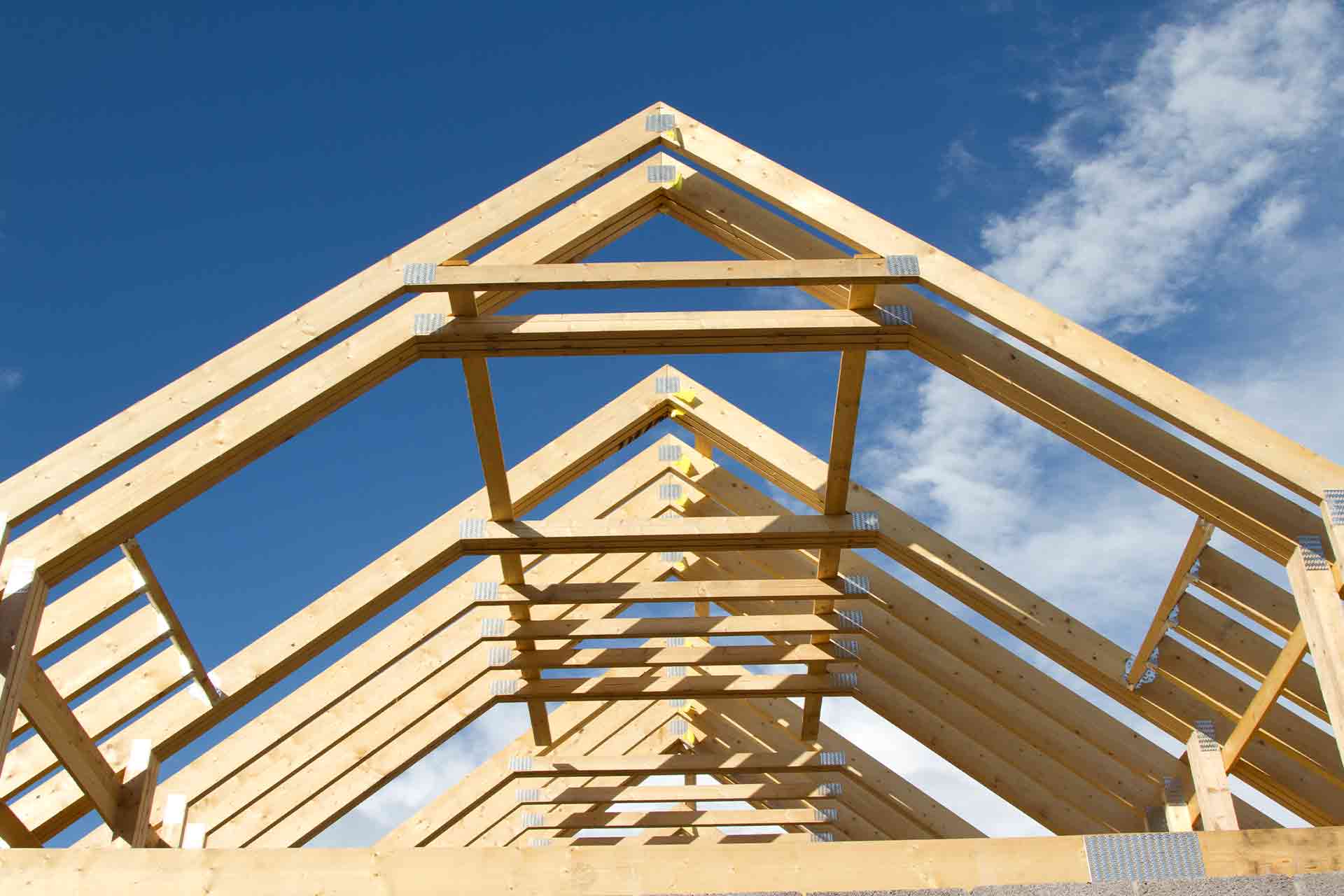
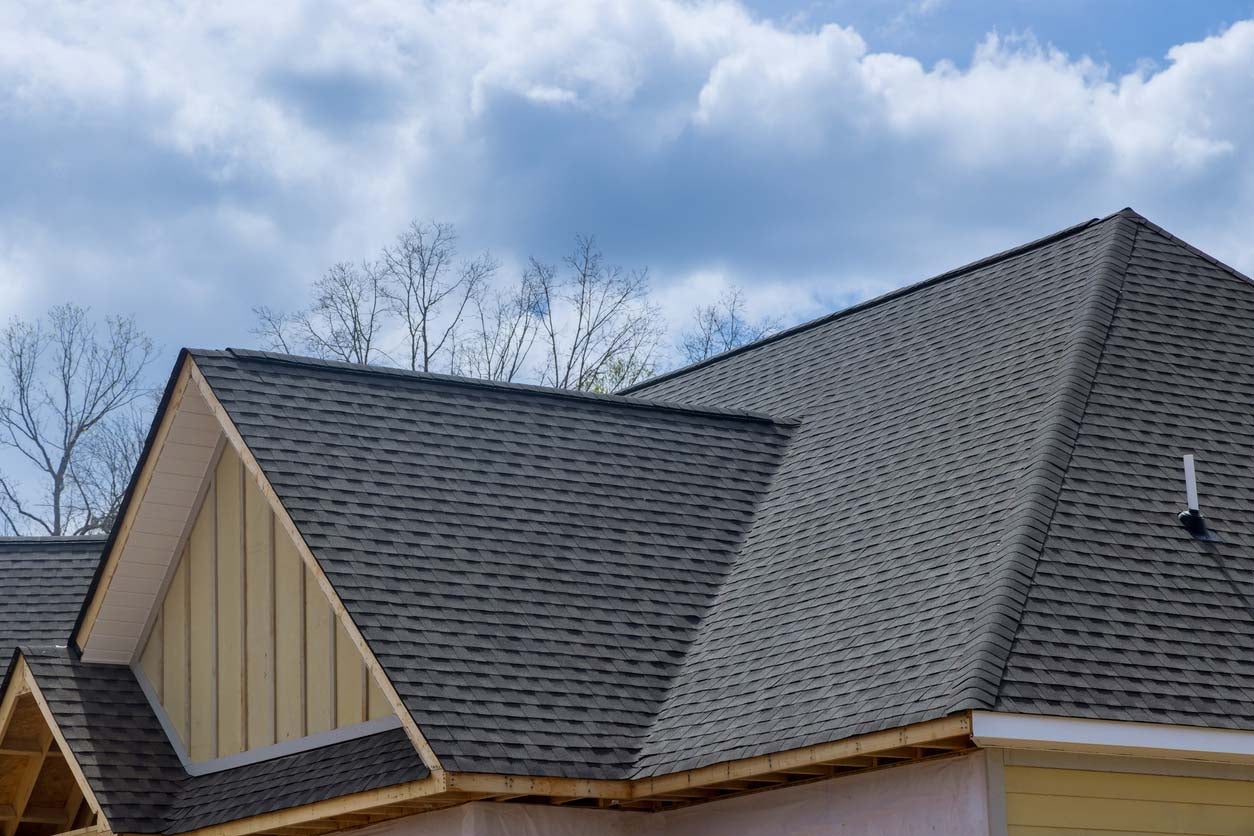
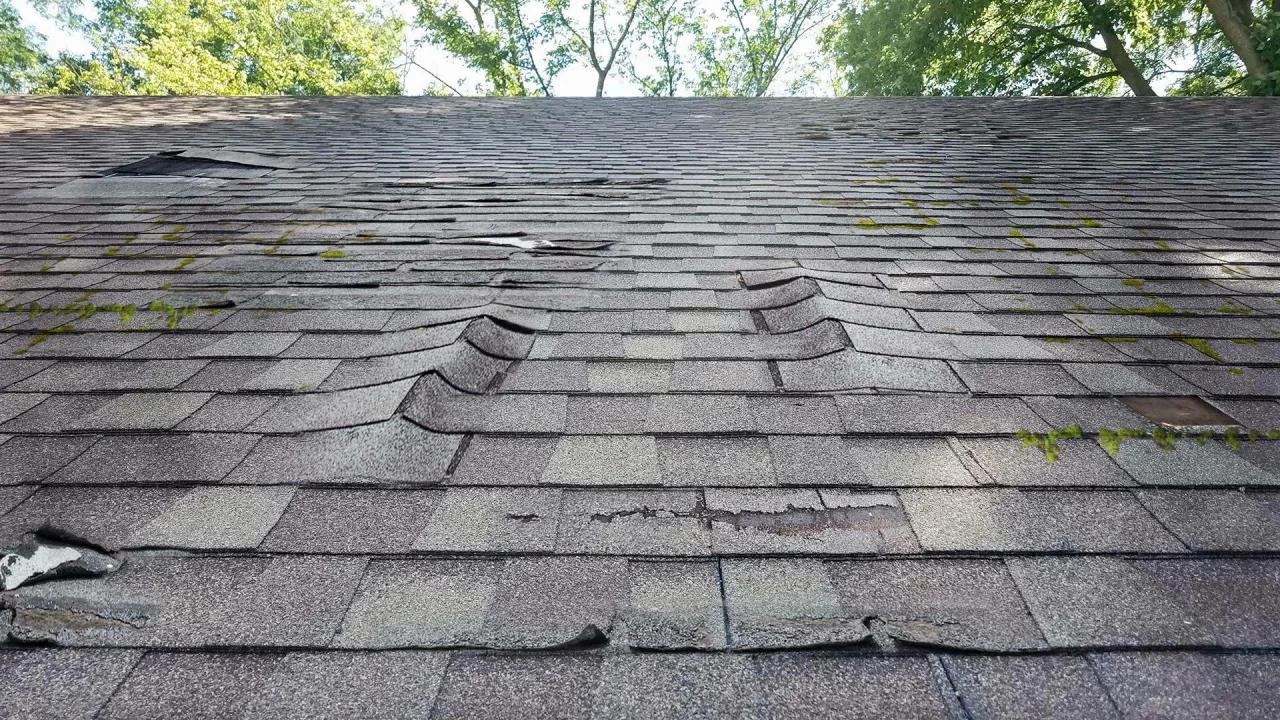
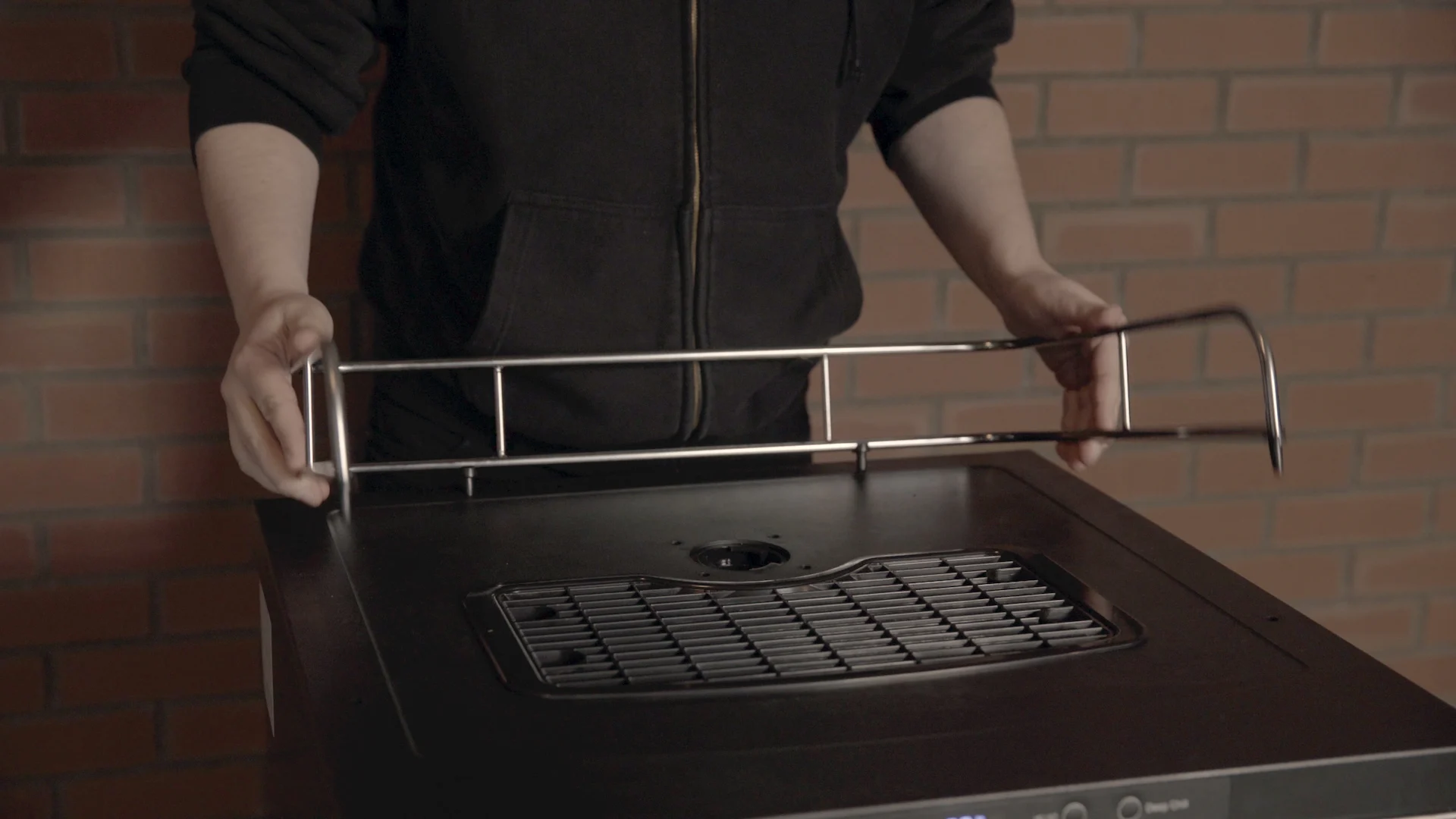

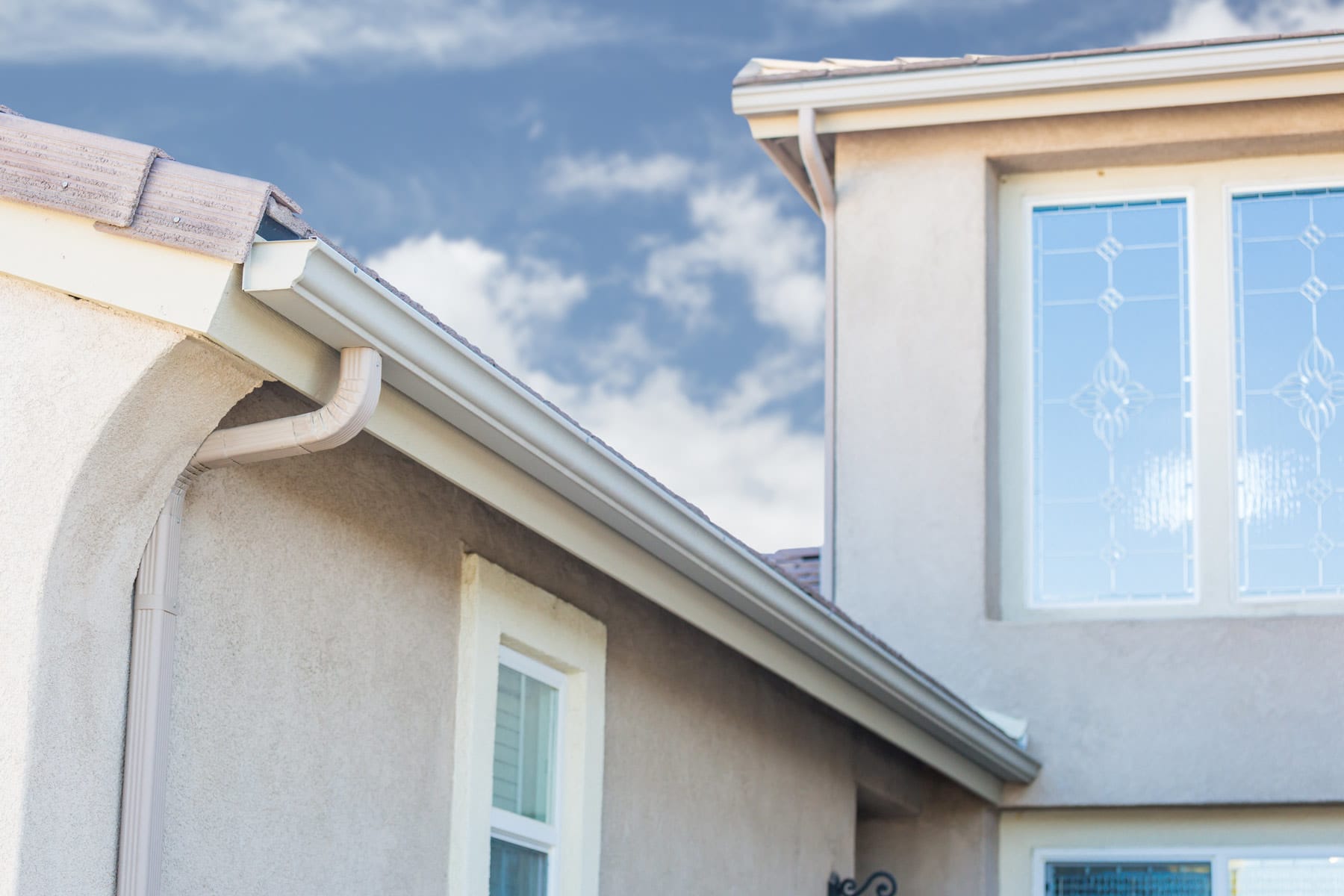
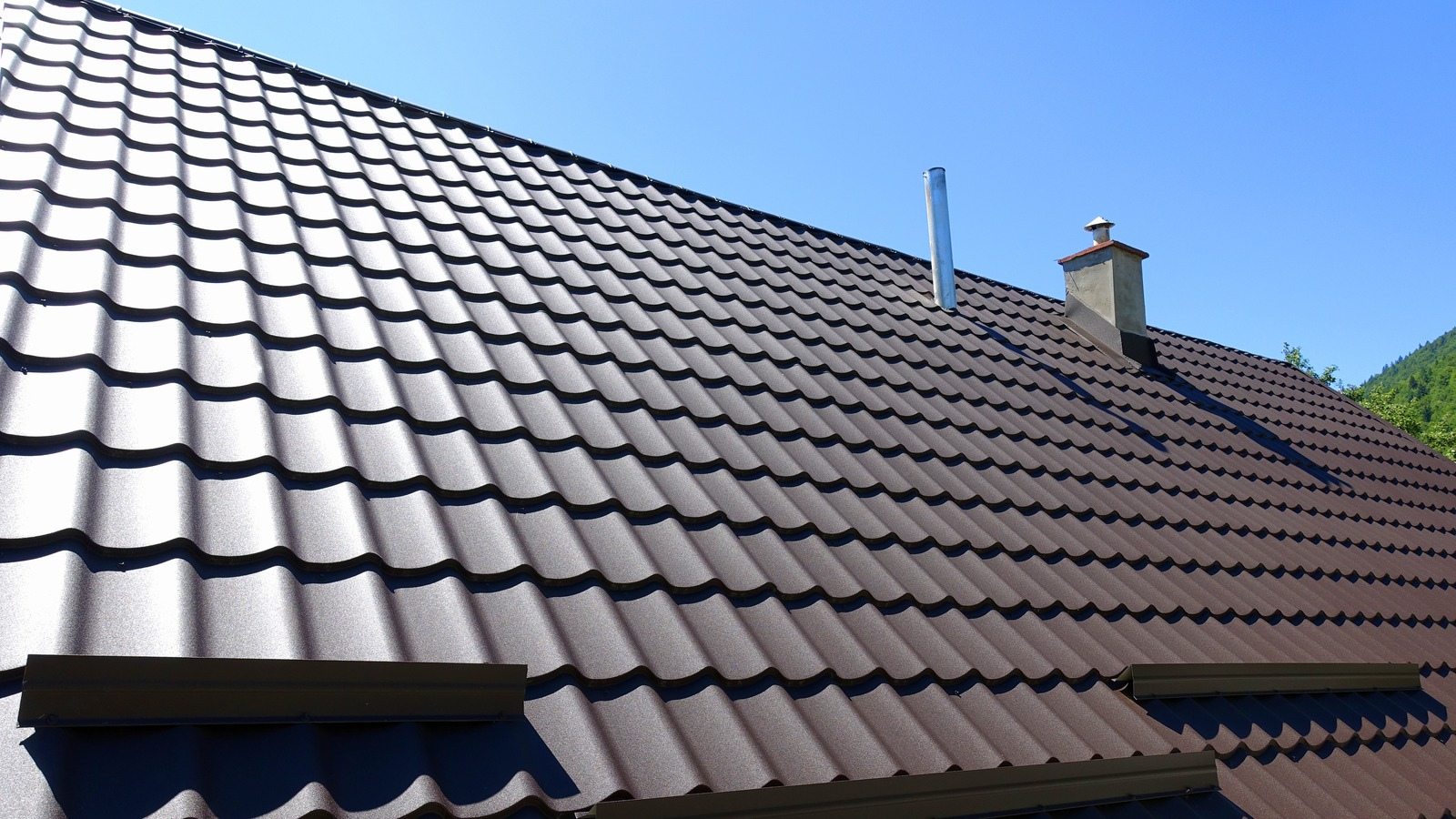
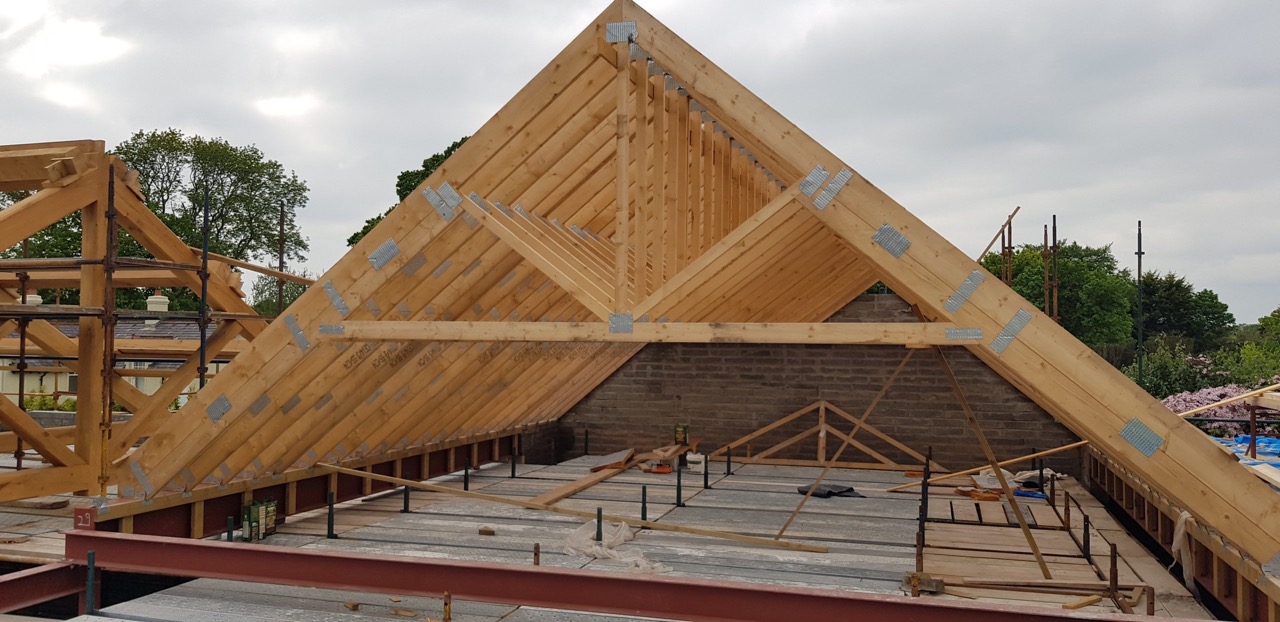
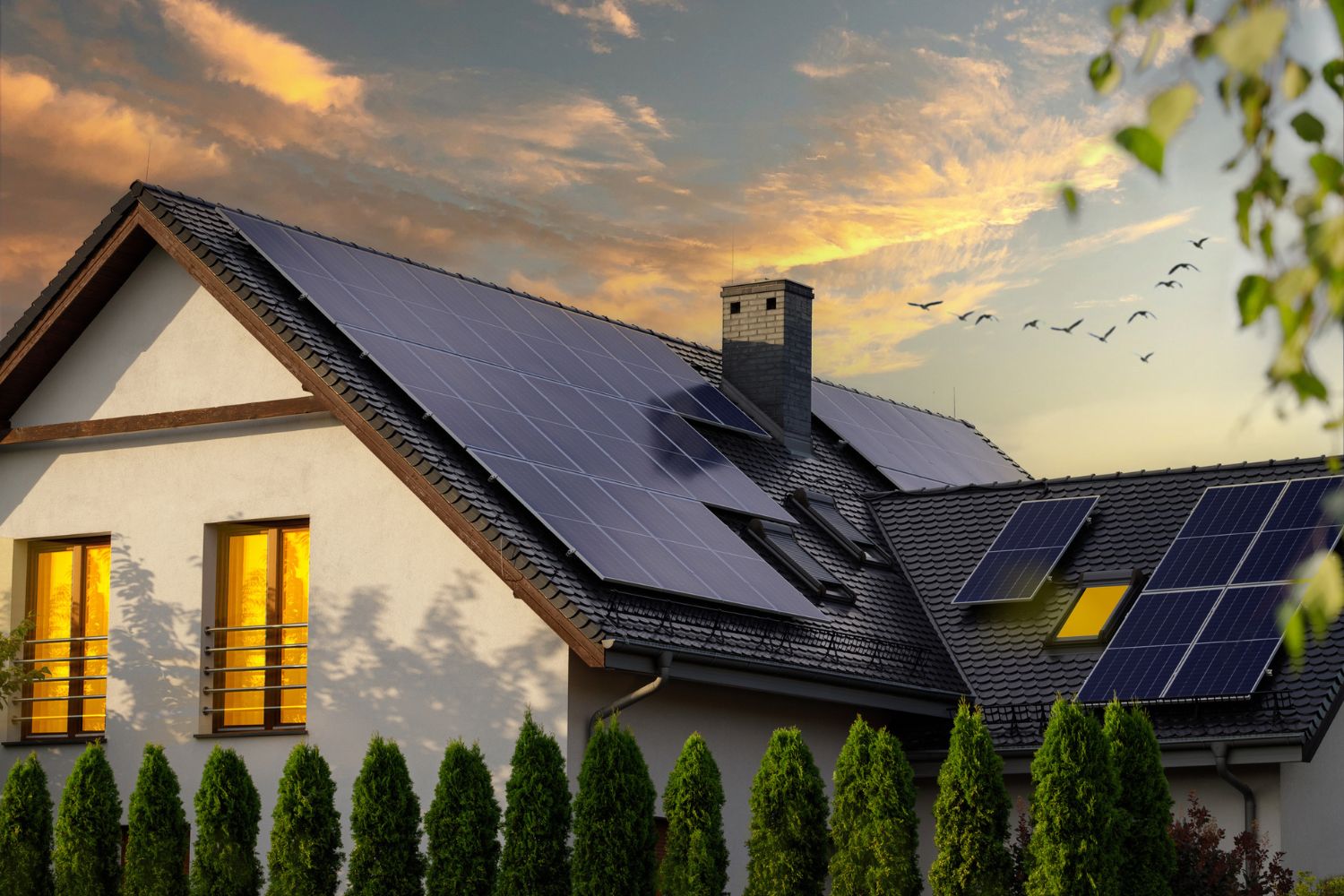
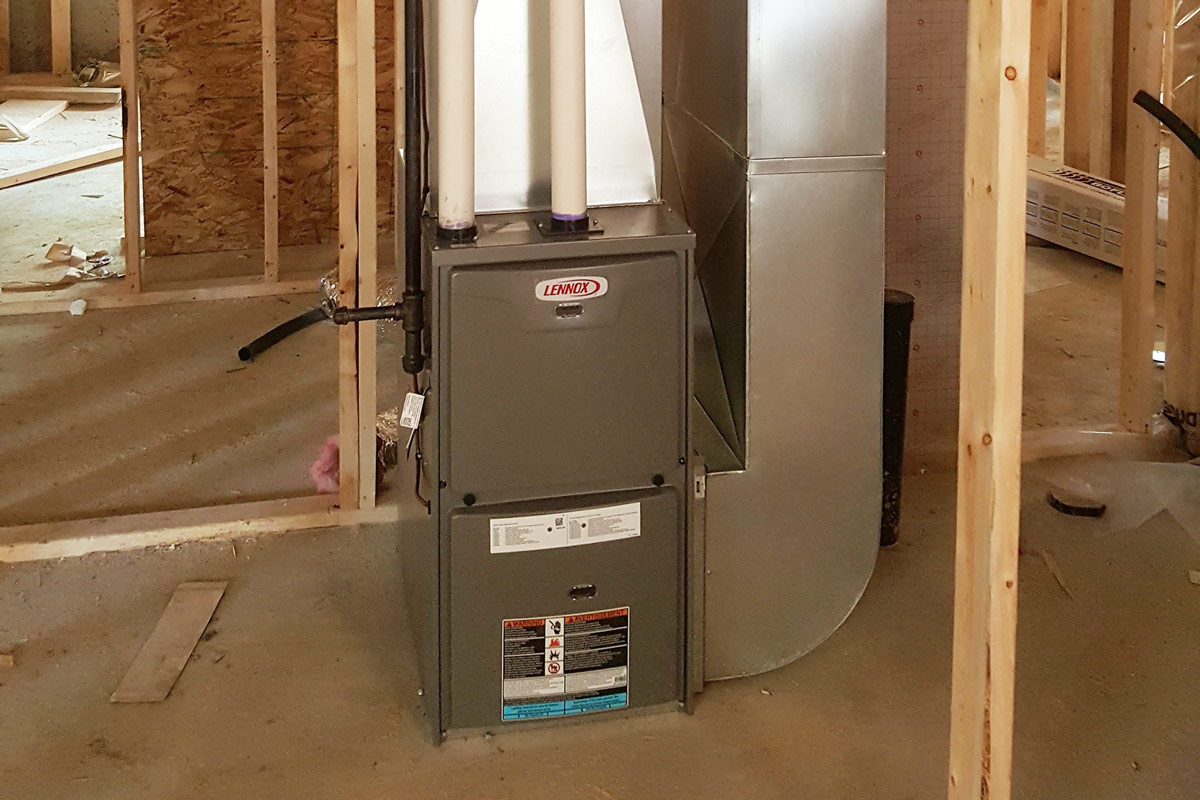
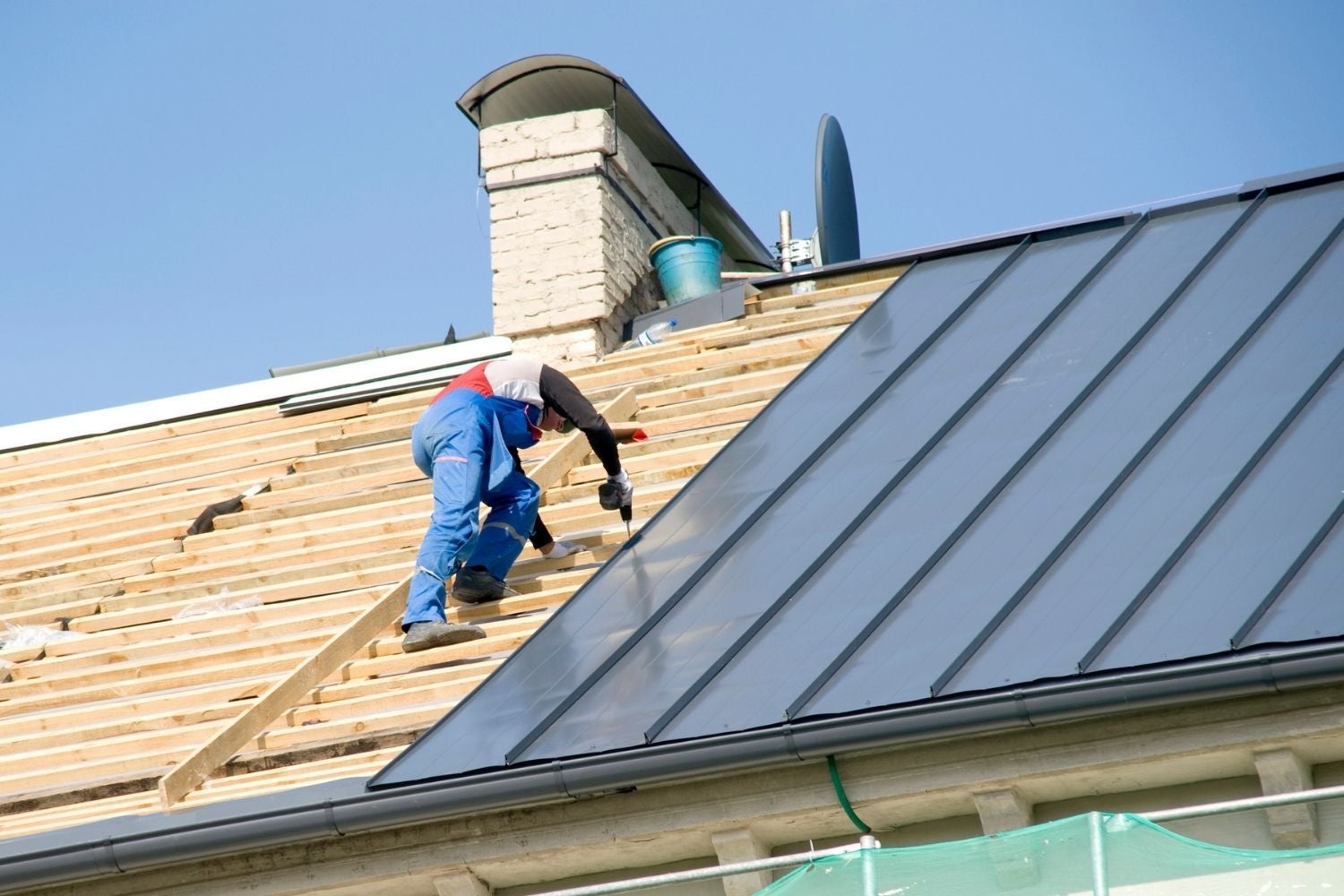
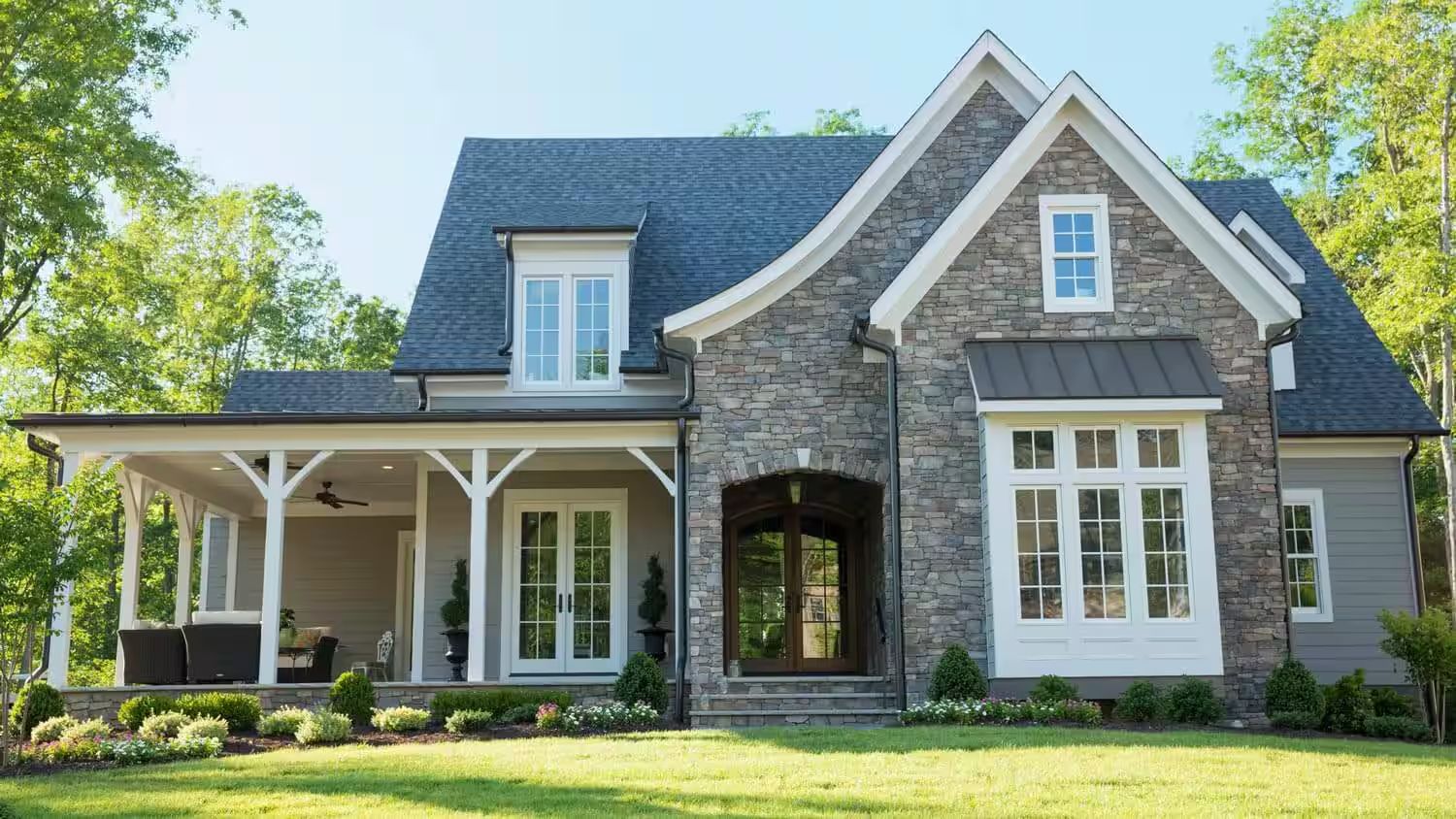

0 thoughts on “How Much Does A New Roof Cost In Florida”